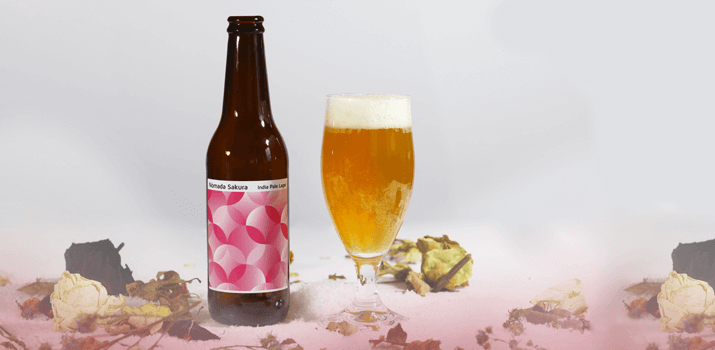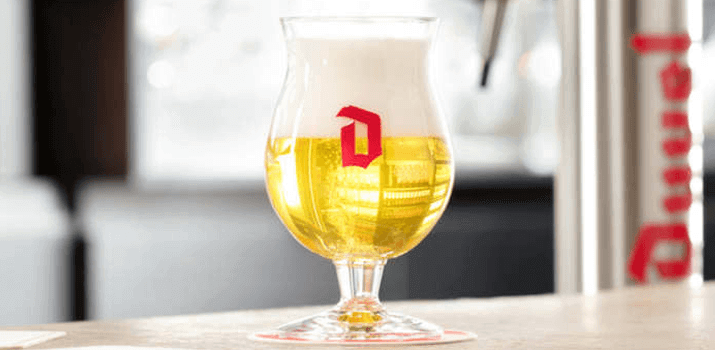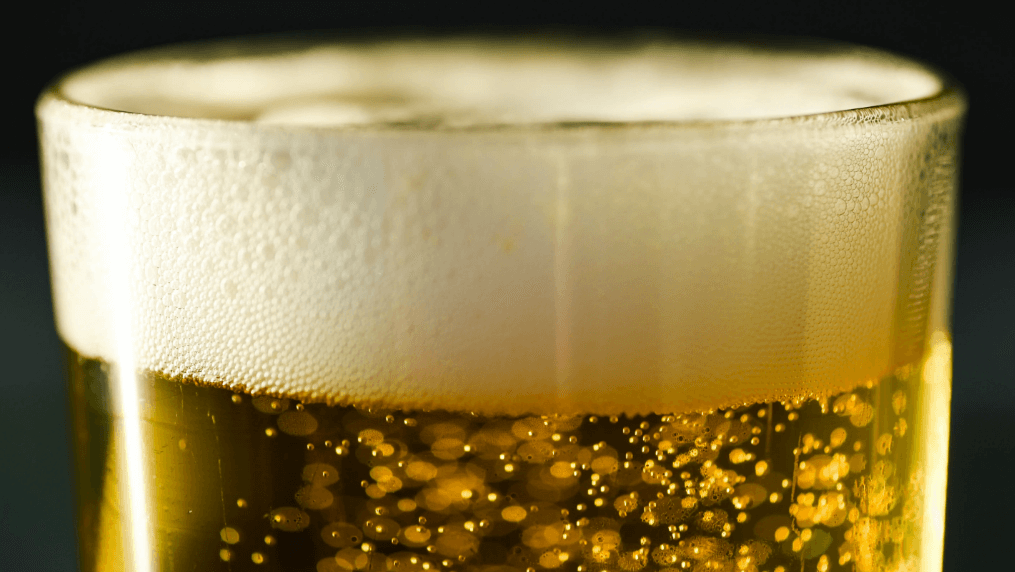
No matter how much beer you drink, one thing is certain—you’ll need to head to the toilet. Beer is well known for its diuretic effect, more so than many other beverages. But why does this happen? Let’s take a closer look at the science behind beer’s diuretic properties.
Understanding how the body works
The kidneys are essential organs responsible for regulating minerals in the blood and eliminating waste products from the body. To flush out these compounds, the kidneys need a specific volume of water to dissolve and expel them effectively. This process, based on the concentration of solutes in fluids, is known as osmolarity.
Compared to beverages like tap or spring water, beer has a significantly stronger diuretic effect. Here's why.
Why is beer a diuretic?
Beer is composed of various compounds including sugars, malt proteins, hop-derived molecules, and ions. These elements contribute to its high osmolarity—about 1100 milliosmoles (mOsm) per litre, which is notably higher than that of blood. To restore osmotic balance, the kidneys respond by drawing more water from the body, which leads to increased urine production.
Of course, the diuretic effect varies depending on how much beer you consume. During summer, for example, warm weather and beer's refreshing qualities often lead to increased consumption—and more frequent trips to the bathroom.
On our online shop, you'll find a wide selection of lagers, amber ales, stouts, and beer dispensers—perfect for pouring your favourite brew ice-cold and enjoying it responsibly.
Discover other articles about beer : Why does beer foam ? and Why is my beer cloudy ?
ALCOHOL ABUSE IS DANGEROUS TO YOUR HEALTH. DRINK RESPONSIBLY.








